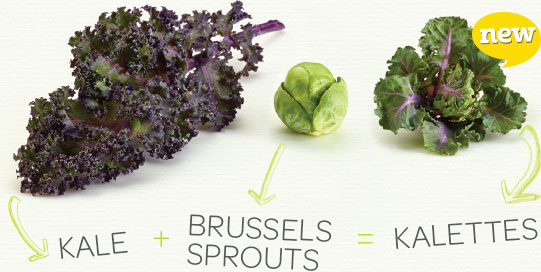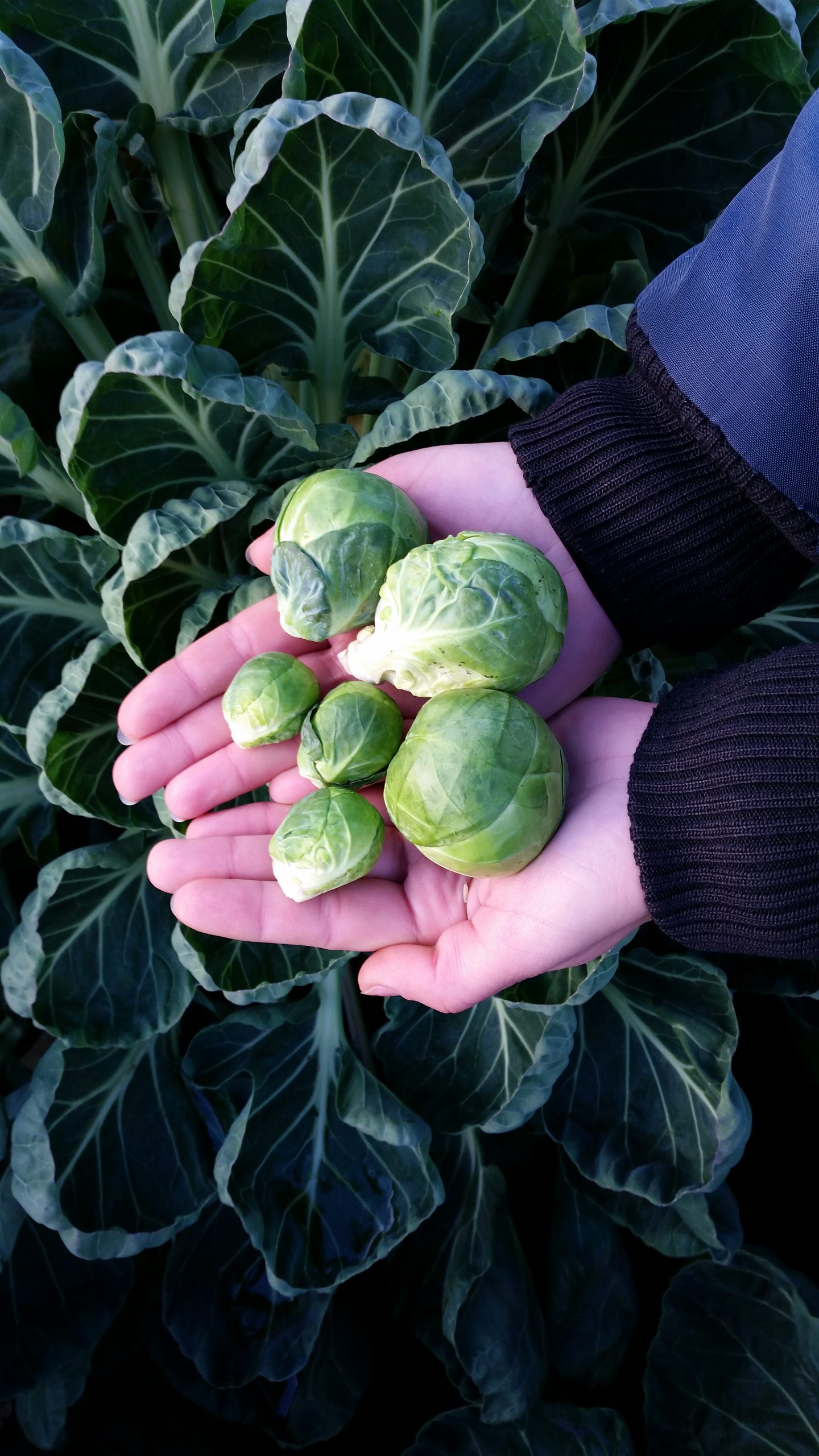
Tozer Seeds is the European market leader in parsnip and celery varieties and has been for decades although this year has been a little more difficult than previous ones due to overproduction of parsnips in the UK. Despite this, Tozer Seeds has seen growth in various markets this year. Celery has had a good season in many countries and there is more interest in varieties which are extremely suitable for the upright stalk market. As Robin Bartels, Sales and Marketing Manager for Tozer Seeds says, their company offers a complete portfolio and can be seen as one of the celery experts in the market and is constantly working to develop varieties with better resistance and flavour.
Breeding is the heart and soul of this company and Tozer Seeds’ breeders use both traditional breeding methods and modern molecular biology (although they do not use GM) as well as their own intuition to come up with new vegetables with an emphasis on flavour and uniqueness and the ability to thrive in the field around the world. The process usually starts with screening a wide range of existing cultivars and sometimes wild relatives for plants with desirable characteristics. Individual plants showing the desirable characteristics are selected and pollinated in subsequent generations until the required characteristics are stabilised. This process can often take up to a decade.
Their newest products are coloured kales and kalettes or flower sprouts and in this case the process has taken 15 years from start to finish. It was come across more or less by accident with no way of knowing that it would become such a trendy product because of its health benefits and would hit the market just at the right time to take off. How could any one know 15 years ago that a kale hybrid would become the hot new vegetable of 2015 in the US? This brassica mash up started as a way of lessening the bitterness that bothers brussel sprout detractors and a way of making kale more versatile. As a result this new super vegetable looks like a mini cabbage with delicate, kale-like leaves and has a sweet, nutty taste and can be roasted, sautéed, grilled, microwaved and even eaten raw.
This hybrid of kale and Brussels sprouts is being marketed in Europe under the brand name Flower Sprout® and Kalettes® in the USA and Australia due to the different perception the different markets have. Kale is the vegetable of the moment in the USA but will forever be thought of as fodder for cattle whereas sprouts have slightly better press in the UK than in the US where George Bush said that one of the perks of being president was not having to eat your Brussels. New varieties and colours are being developed in these ranges to increase hardiness and extend the maturity window of these products as this leafy vegetable has one major drawback: it is seasonal and for the moment is only available between November and March.
Image courtesy of: http://www.kalettes.com/about-kalettes.aspx
This article appeared on page 123 of edition 141, Jan/Feb 2016, of Eurofresh Distribution magazine. Read that issue online here.

